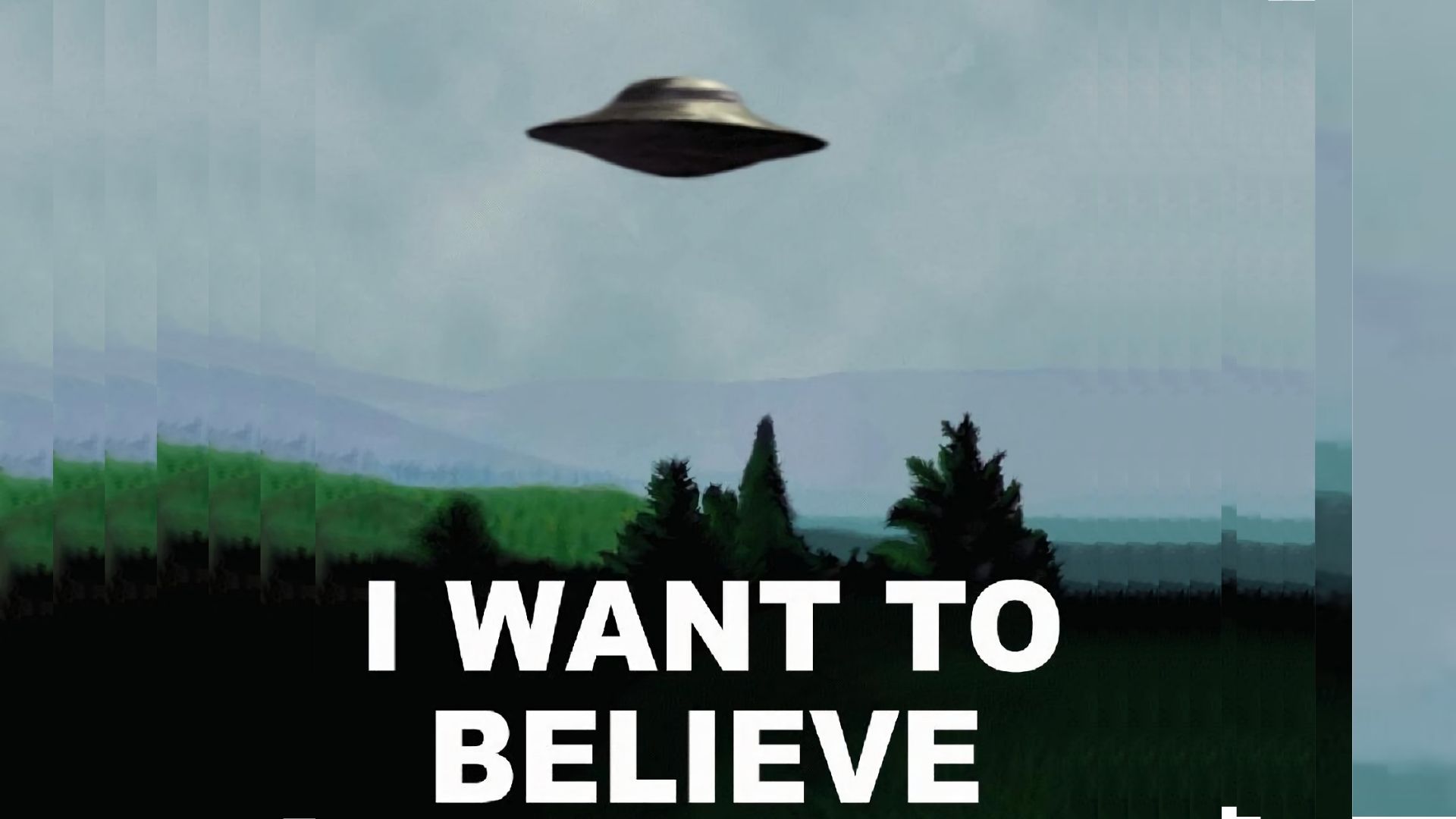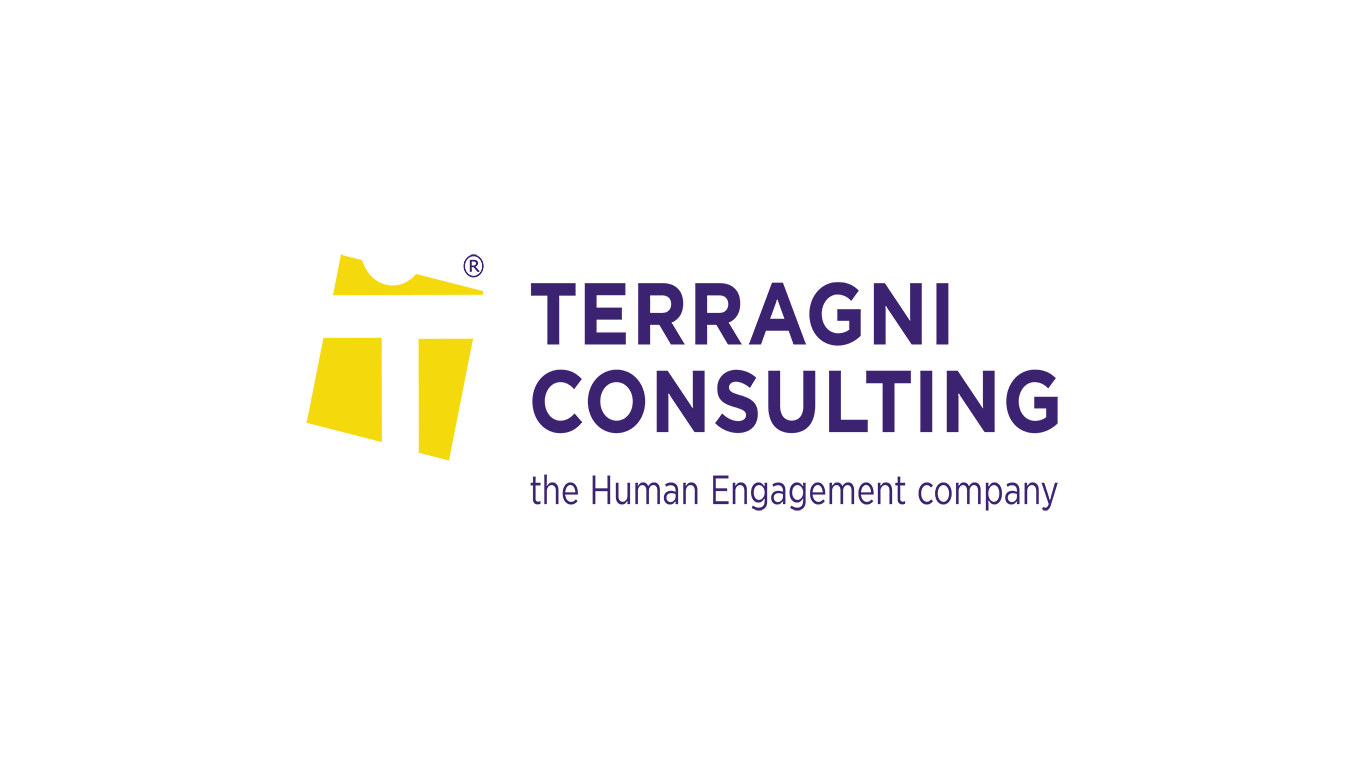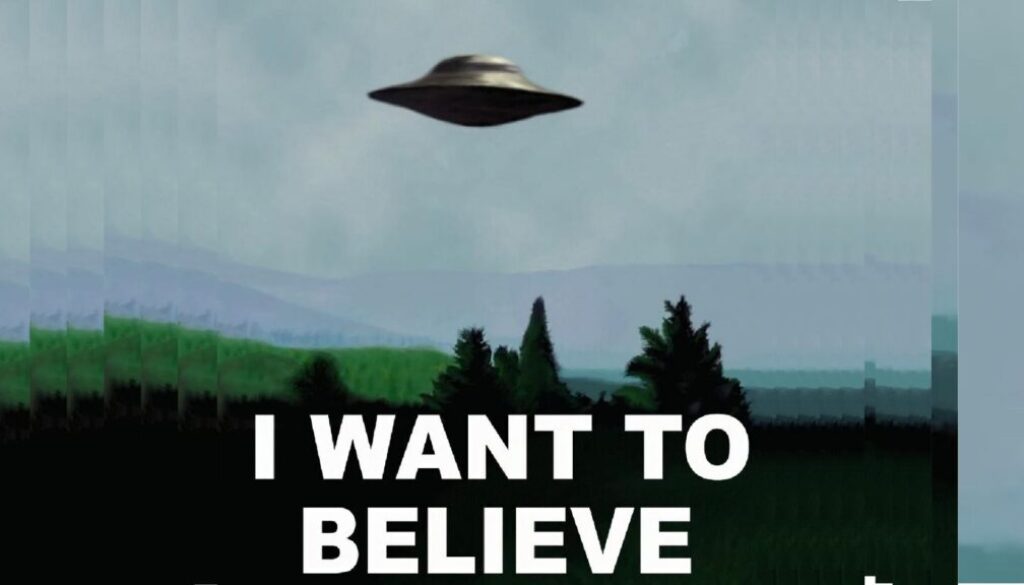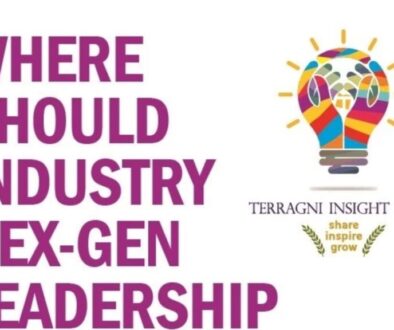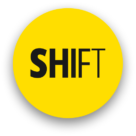Shortcut to decisions - Really?

Am writing this in the backdrop of the horrific Malaysian Airlines tragedy. Suddenly I hear colleagues and friends scared of being up in the air. These are extremely intelligent, rational professionals. There is enough research out there to show that flying is safer than driving. So why the fear?
The reason is a cognitive bias we carry, known as the “Availability Bias” The bias is a short cut we humans deploy when it comes to making decisions and designed to reduce our cognitive overload.
A bias that chooses that, which is “easily” available, not necessarily what is “optimally” requisite.
The more an event is magnified by the media or folklore or our own supposed “previous experiences” the more memorable and believable it becomes.
“Driving without helmets is not really necessary, I know of people who have ridden motorbikes all their lives and nothing ever happened to them”
“Doing customer and employee satisfaction studies actually improves business effectiveness”
We do not have any real evidence either way on such “truths” and yet we believe in them.
We pop antibiotics for a cold and the cold goes away, that cold which in any case the body’s immune system would have fought away in a week; so the next time we think we are about to get a cold, we reach for the antibiotic, believing it is the antibiotic that worked all previous times.
Availability bias at work.
The bias is played out every day in the corporate setting.
Sales dropping? Are customers unhappy? Margins squeezed? Need new markets?
What do we do?
We take the easy way out. We discuss these issues in the same backdrop, with the same set of information and assumptions as we did last quarter, last year.
The availability bias also ensures that we prefer information that is easy to obtain (now we know why so many leaders prefer the solace of a C-SAT (customer satisfaction score))! The bias forces us to make decisions based on easy to get information, rather than on more relevant but harder to obtain insight.
Because we do not have the knowledge of the correct solutions we prefer incorrect tools. The irony is that we are wired to prefer inappropriate information to no information.
The solution is to get in people who have a perspective very different from yours. People who can help you take a step back and who think differently than you, whose experience and expertise are different from yours.
We all require that external help to ensure that we are not taking the easy, lazy shortcut to decision making.
Would be happy to chat upon how the bias costs you and what you can do to avoid it. Over a coffee!
Images courtesy : wsj.com & spring.org
